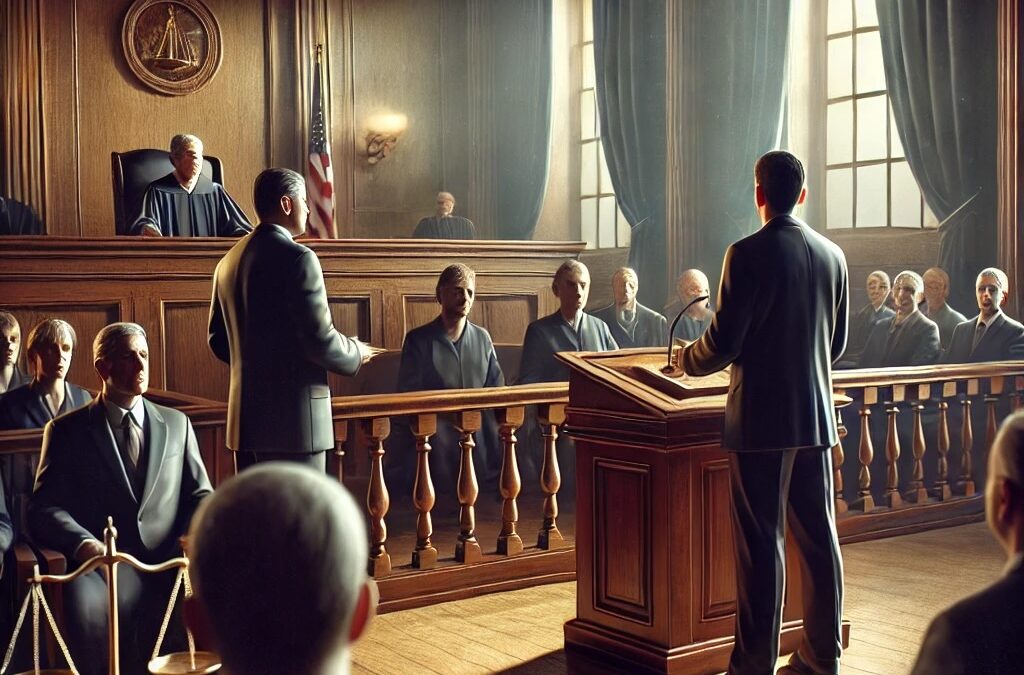When facing criminal charges in South Carolina, your past convictions can significantly impact the outcome of your current case.
The legal system uses a defendant’s prior offenses to decide everything from whether to grant bail to sentencing.
This article explores how prior convictions impact criminal proceedings in South Carolina and why it is important to understand these implications.
Prior Convictions and Repeat Offenders: What does it all mean?
South Carolina courts often take a stricter approach to repeat offenders.
State laws and sentencing guidelines reflect this approach through increased penalties for defendants with prior criminal record convictions.
Types of Prior Convictions That Matter
Not all prior convictions are treated equally in court. Factors that determine whether a prior offense will affect your current charge include:
- Nature of the Offense:
Violent and serious crimes—such as murder, armed robbery, or sexual assault—carry more weight in sentencing enhancements than minor infractions. - Time Elapsed Since Conviction:
Courts may view older convictions less harshly than recent ones, especially if the individual has demonstrated rehabilitation. However, this varies by case. - Relationship Between Past and Current Offense:
Similarities between prior convictions and the current charge often lead to stricter penalties.
For example, a history of DUI convictions may result in increased penalties for subsequent DUI offenses. - Jurisdiction of Prior Convictions:South Carolina courts may consider convictions from other states if they align with equivalent state laws.
South Carolina’s Three Strikes Law
South Carolina addresses repeat offenders through the “Three Strikes Law” under §17-25-45 of the South Carolina Code of Laws.
This statute outlines harsher penalties for defendants convicted of certain violent felonies if they have two or more prior convictions for similar offenses.
For example, a third conviction for a qualifying offense may result in a mandatory life sentence without the possibility of parole.
Enhancements for Repeat Offenders
South Carolina law incorporates various sentence enhancements for repeat offenders:
1.Habitual Offender Laws
Under habitual offender statutes, individuals with repeated convictions for specific offenses face longer sentences or mandatory minimums. For instance, multiple drug-related convictions can lead to increased fines and extended prison terms.
2. Subsequent Offenses for a Previous Conviction
Here are two examples:
Driving under the influence (DUI) laws in South Carolina impose harsher penalties for each subsequent offense. According to §56-5-2940, penalties for a second DUI include higher fines, longer license suspensions, and mandatory installation of an ignition interlock device.
South Carolina’s domestic violence laws under §16-25-20 impose escalating penalties for repeat offenses. A first conviction may result in a misdemeanor charge, while subsequent offenses can lead to felony charges with significant prison time.
Impact on Bail and Plea Negotiations
Prior convictions can also affect the pretrial phase of your case:
- Bail: Judges consider criminal history when determining bail. A pattern of previous offenses may result in higher bail amounts or denial of bail altogether.
- Plea Bargains: Prosecutors are less likely to offer favorable plea deals to individuals with extensive criminal histories, as they may view repeat offenders as a greater risk to public safety.
Impact on Sentencing Guidelines
South Carolina follows sentencing guidelines that account for criminal history. Judges often refer to these guidelines when determining an appropriate sentence. Two key components are:
- Sentencing Ranges: For certain crimes, prior convictions move defendants into higher sentencing ranges, increasing potential prison time.
- Aggravating Factors: A history of criminal behavior is considered an aggravating factor, which can lead to harsher penalties.
Prior Convictions and The Role of Expungement and Pardons
If you have prior convictions, seeking expungement or a pardon may mitigate their impact on future charges.
- Expungement: South Carolina allows expungement of certain nonviolent offenses under §17-22-910, effectively removing them from your criminal record.
- Pardon: A pardon does not erase a conviction but restores certain rights. Pardoned convictions are less likely to be held against you in future cases.
Why Legal Representation Matters
Navigating the complexities of South Carolina’s criminal justice system can be overwhelming, especially with prior convictions on your record. An experienced defense attorney can help:
- Analyze how your criminal history affects your current case.
- Advocate for reduced sentences or alternative sentencing options.
- Pursue expungements or pardons to minimize the impact of prior convictions.
Need help with your South Carolina criminal charge?
Your prior convictions play a critical role in determining the outcome of current criminal charges in South Carolina. From sentencing enhancements to plea negotiations, understanding these implications is crucial.
If you are facing charges, it’s essential to seek legal guidance to protect your rights and minimize potential consequences.
We provide personalized legal advice to help you navigate the justice system and achieve the best possible outcome.
Contact our office today if you are dealing with criminal charges in South Carolina and are concerned about how prior convictions may affect your case.
Ready To Speak With An Attorney?
Let’s discuss the details of your case and see if we can help.

